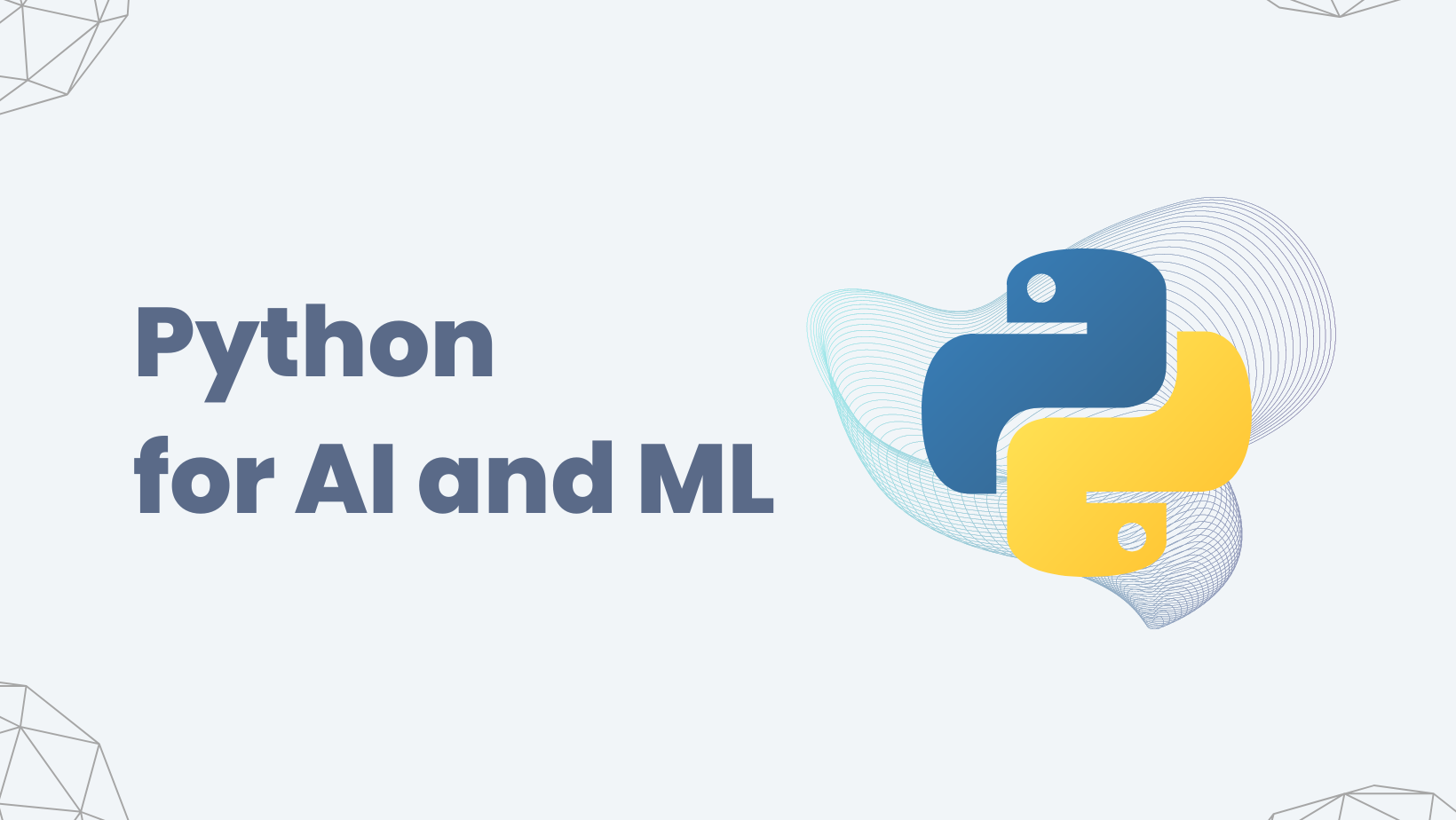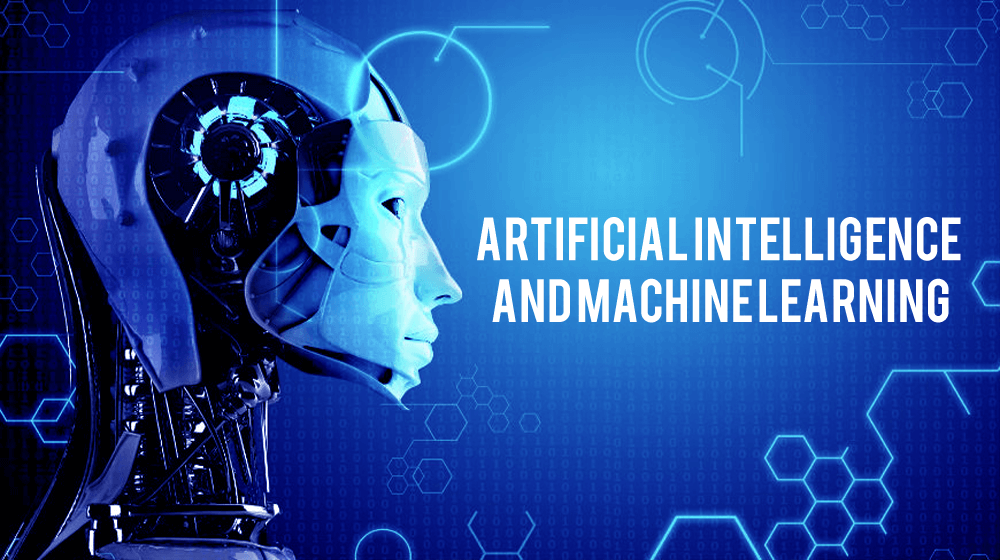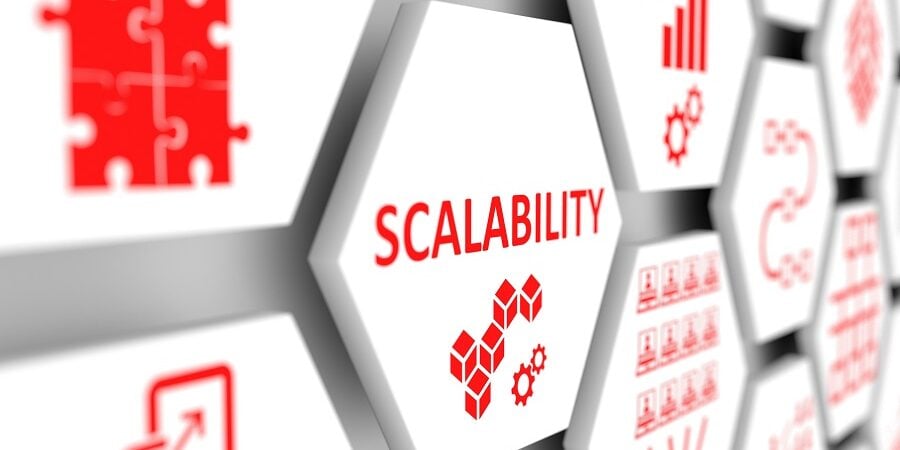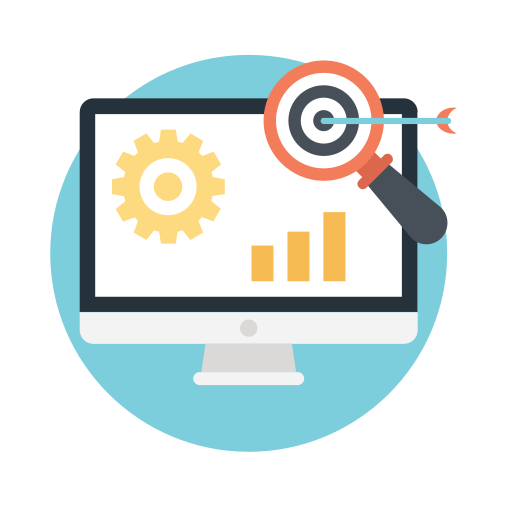
Modernizing ETL: Overcoming Challenges and Embracing the Future of Data Management with Our Solution (Python Code Convertor)
Unlock the power of data transformation with our Python Code Convertor
Enhance Data Processing : Migrate Legacy ETL workflows to Python using AI/ML and LLMs , reaping benefits in efficiency, productivity, and flexibility.
Our Solution : Overcoming Challenges and Embracing the Future of Data Management with Our Solution (Python Code Converter)
Our solution presents a comprehensive approach to modernizing ETL workflows, addressing challenges associated with outdated systems and unlocking the true value of data.
90%+ Faster Processing Time
Our Python converter is powered by AI/ML and LLMs that can significantly speed up the overall processing time. This is particularly valuable when comparing weeks (using your solution) versus months (with traditional methods).
>50% Reduced Total Cost of Ownership (TCO)
Our solution significantly reduces the overall TCO of data management. AI Automation promotes cost savings by reducing the resources hours required for manual conversion. Additionally, it helps in avoiding potential errors that might incur additional costs for debugging and fixing issues post-conversion.
Flexibility and Adaptability
Featuring a modular and adaptable architecture, our solution enables organizations to easily modify and update workflows to meet evolving business needs. This versatility is crucial for businesses dealing with various code types and structures.
35%+ Reduced Maintenance Overhead
Our Solution automated processes and self-service capabilities significantly reduce maintenance overhead, lowering operational costs, and minimizing dependency on specialized skills. Increased operational efficiency, achieved through automation, results in cost benefits.
Accuracy and Consistency:
Our Python converter provides higher accuracy in code translation. Our Solution understands complex patterns, context, and relationships within the code, resulting in more consistent and reliable conversions. This reduces the chances of errors that might arise in manual or less advanced conversion processes.
Scalability and Agility
The scalability of our Python converter solution allows organizations to handle larger and more complex codebases without a proportional increase in costs. Our AI-driven converters can handle large-scale conversion tasks efficiently, enabling organizations to scale their projects without compromising on quality or time.
Salient Features : Our Solution is a compelling choice for modern data management practices
- Analyze organization's existing data workflows and identify the sources, targets, transformations, and dependencies involved.
- Generate Python code that replicates the logic and functionality of organization's original data workflows, using the best practices and standards of the Python community.
- Test and validate the Python code against the original data workflows, using various metrics and techniques to ensure the consistency and correctness of the results.
- Optimize and Refactor the Python code to improve its performance, readability, and maintainability, using the latest features and tools of the Python ecosystem.
- Deploy and Monitor the Python code on your preferred platform and environment, using the most suitable tools and frameworks for your specific needs and preferences.

Python Ecosystem
Python Ecosystem

AI/ML Automation
AI/ML Automation
Our Solution leverages AI/ML and LLMs that automates the migration process, significantly reducing the manual effort and time required to convert legacy ETL workflows to Python. This automation can handle complex ETL logic and generate Python code that replicates the original functionality.

Code Readability and Maintainability
Code Readability and Maintainability

Flexibility and Scalability
Flexibility and Scalability

Robustness and Reliability
Robustness and Reliability

Cloud Integration
Cloud Integration
Python is well-suited for cloud-based ETL pipelines, as it integrates seamlessly with popular cloud platforms like AWS, Azure, and GCP. This allows for easy deployment and management of ETL pipelines in the cloud.
